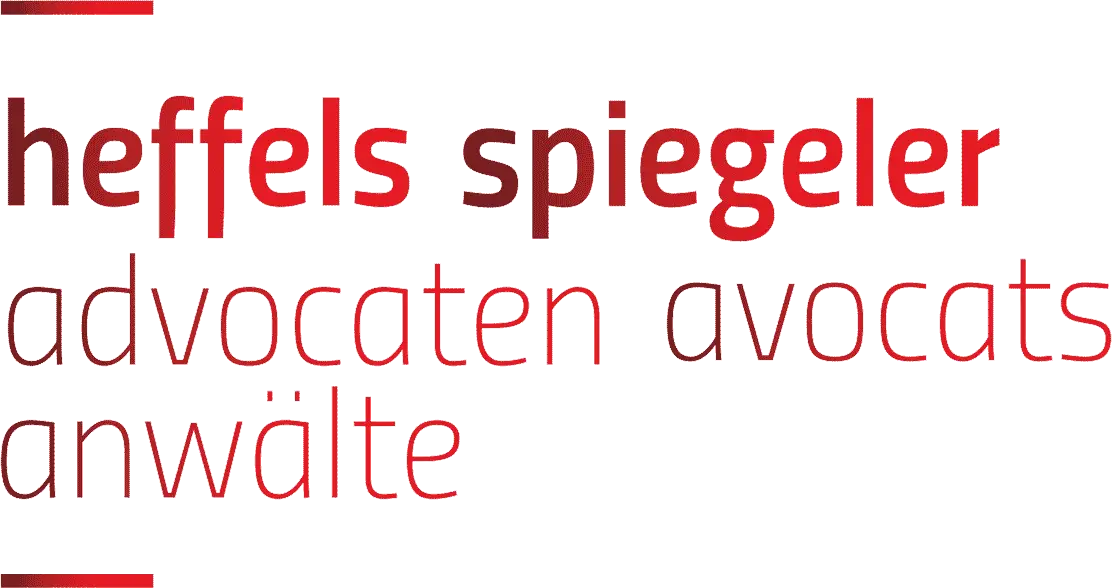On 3 November 2014, China’s Supreme Court issued a judicial interpretation on the establishment of three specialized IPR courts in Beijing, Shanghai and Guangzhou. According to the deputy chief judge of the intellectual property tribunal under the Supreme Court, the IPR court in Beijing will start to operate before 10 November 2014 and the other …
Author: Kim Goudzwaard
China’s Decision on Establishing IPR Specialized Courts
On August 31, 2014, the Standing Committee of the National People’s Congress of China issued the Decision on the Establishment of Intellectual Property Rights Courts (IPR Courts) in Beijing, Shanghai and Guangzhou (http://news.xinhuanet.com/english/china/2014-08/31/c_133609565.htm). According to the Press Conference of the Higher People’s Court of Beijing, the Beijing specialized IP Court plans to be fully established …
Open data – Definition, Process, Significance, Privacy
In July 2014, the Dutch Central Bureau for Statistics provided its entire database as open data to the public. The term ‘open data’ is loosely used in media reports and political debates, but what does the term open data actually mean? How is the process of providing data as open data developing? How significant are …
May the German Football Association display the German eagle in its logo?
In June 2014, the German supermarket chain Real submitted a request to cancel the registered trademark of the German Football Association (further: DFB), namely its logo, to the competent authorities. Real argues that the DFB is displaying a state symbol of Germany in its logo, more precisely the German state eagle. According to German and …
Differences between Turkish and Dutch Labor Law
Every country regulates labor differently depending on its national policies and strategies. This article summarizes some of the differences between Turkish Labor Law and Dutch Employment Law.
Why Intellectual Property should be protected
There is an ongoing pursuit to protect Intellectual Property Rights (IPR), because it contributes enormously to countries’ national economies. Dozens of industries across countries’ economies rely on the adequate enforcement of their patents, trademarks, and copyrights, while consumers use IP to ensure they are purchasing safe, guaranteed products.
The “DSGV’s red”: Clarifying the conditions for acquiring the distinctive character of a trademark consisting of a single colour
Last 19th of June, the Court of Justice of the European Union (hereinafter “ECJ”) has given an answer to a preliminary question asked by the Bundespatentgericht (Germany), regarding the distinctive character acquired through use by a trademark consisting of one simple colour.
Directive 2011/83/EU of the European Parliament and of the Council of 25 October 2011: a victory for consumers?
The new EU legislation that strengthens consumers’ rights had been widely adopted by MEPs on 23 June 2011. It will be have to be transposed into the various national consumers laws of the member states by mid June 2014. These new provisions relate mainly to distance selling (via a.o. internet, telephone and mailings).
Now faster and cheaper retrieving infringing domain names
New rules for Domain Name Dispute Resolution Procedures at WIPO For unambiguous cases, in which a domain name needs to be retrieved, the Domain Name Dispute Resolution Procedure of the WIPO (World Intellectual Property Organization) lends itself excellent. This Domain Name Dispute Resolution Procedure offers a fast and non-expensive solution to retrieve a domain name …
What are international companies really looking for in the Netherlands?
The Netherlands remain in the European Union one of the most attractive countries for foreign companies, especially thanks to the ability to easily set up holding companies and gain assured benefits and profits. The attractiveness of these holdings is characterized among other things by the possibility of dialogue with the tax authorities on transfer pricing …
